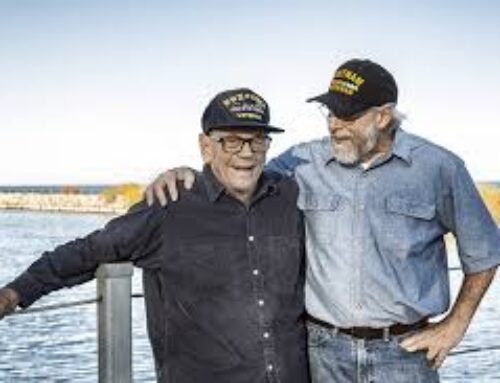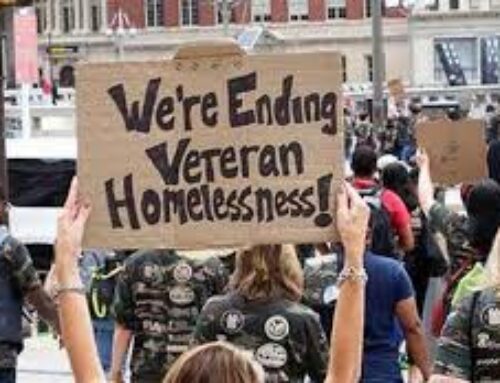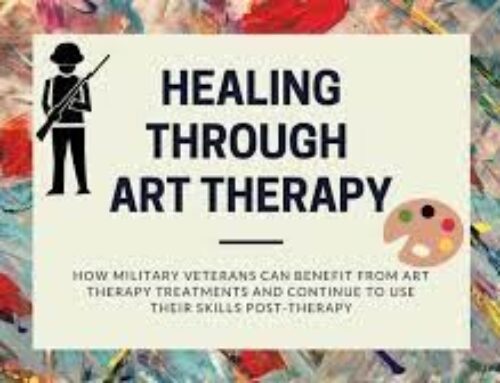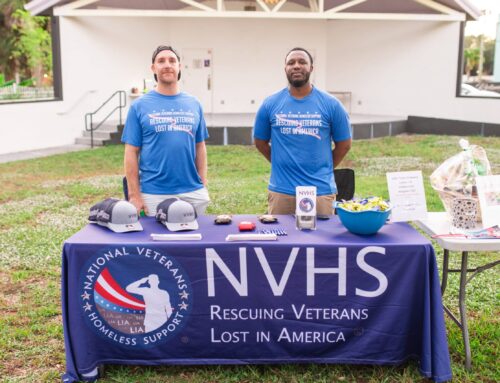Veterans and Poverty
Talking about poverty is difficult—and not just because the topic itself is often a painful one. Poverty is a complex issue that exists within an interconnected web of other factors, including housing availability and affordability, employment, disability, race, and mental health. Further, many of these factors operate in a cyclical manner, meaning that a change in one can cause a corresponding change in another, each which worsens the other. As a result, it’s often hard to determine where poverty starts and another issue ends, and which one is causing the other.
Assessing Poverty in Veterans
The rate of poverty amongst veteran households is actually lower than that for non-veteran households (6.6% compared to 13%, according to measurements conducted in 2017). In spite of its lower prevalence, poverty in the veteran population still warrants attention because of its consistent association with homelessness, which has continued to affect veterans disproportionately for at least the last four decades.
In examining veteran poverty and the contextual factors that surround it, a few distinct trends and connections have emerged:
- Affordable housing for veterans is another widespread issue that is often tied to poverty. Over 460,000 veterans spend more than 50% of their income on rent.
- Even though veterans are less likely to experience poverty than the general population, about 1.5 million veterans still live below the federal poverty level—a number that represents an increase from that recorded in 2000.
- Food insecurity, which is directly linked with poverty, is difficult to measure among veterans. However, many factors often associated with food insecurity (such as disability and mental health issues) are more common in the veteran population. While no definitive data has been released, the COVID-19 pandemic may have contributed to increased food insecurity among veterans.
- Younger veterans (those between the ages of 18 and 34) have a higher poverty rate than other age groups.
A Silver Lining for Veterans Facing Poverty
Though the overall number of veterans is declining, the government is spending more on veterans through benefits such as disability compensation programs, medical care, and funding for education. Though these measures are by no means a cure-all, if implemented effectively, they may help alleviate some of the causes of economic pressure for veterans.





